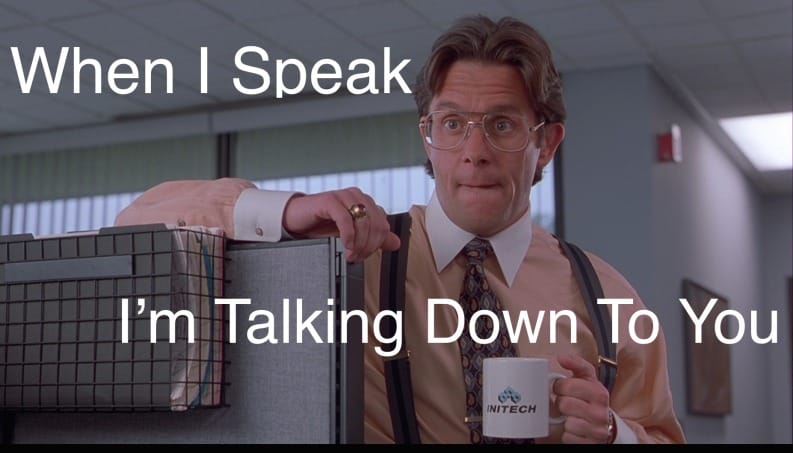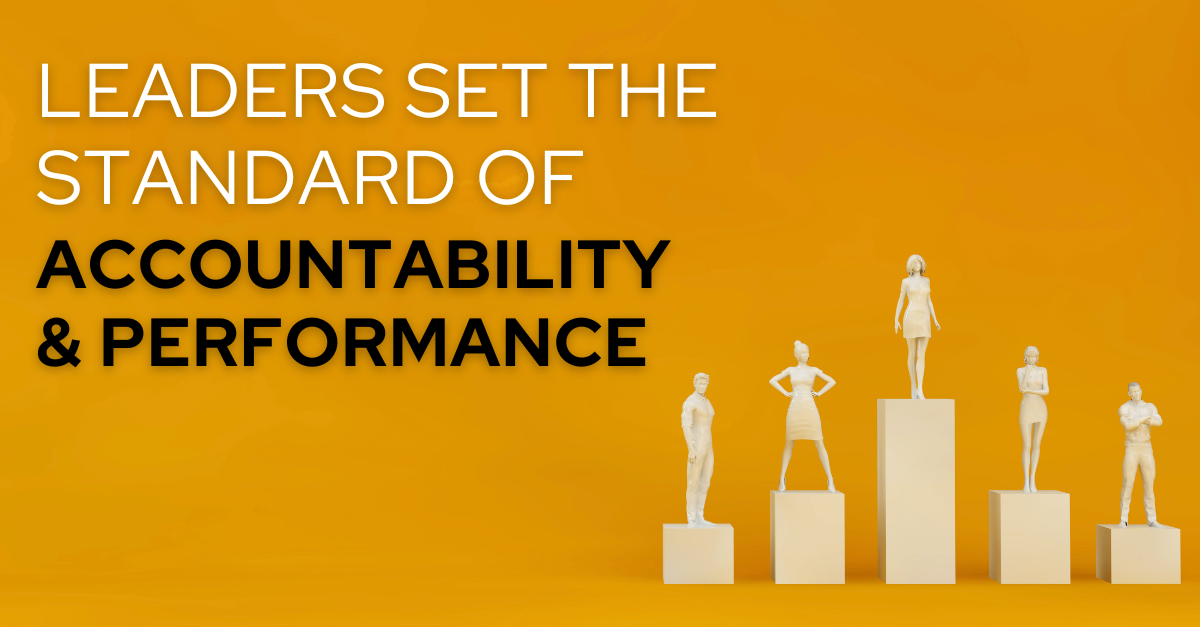I used to think that arrogant people were attracted to positions of power because it gave them license to act out their true narcissistic nature. As it turns out, holding a position of power brings out the arrogance in all of us.
Dr. Dacher Keltner, a leading researcher on the effects of power, asserts that what people want from leaders—social intelligence—is precisely what is damaged by the experience of power. Drawing on decades of research, Dr. Keltner and other researchers from Berkeley and Stanford University found that when people assume positions of power, they are more likely to act selfishly, treat their subordinates with less consideration and respect, and act on their own whims, desires and impulses.
When I first came across Keltner’s research I paused for about one nanosecond to consider if I do things that he described. The answer: “Nope”. “I’m a good boss” I thought to myself. “Keltner is obviously talking about my boss.”
The very next day I had a meeting with one of my staff (I’ll call him “Ray”) to review his report on an assignment I had given him. I was five minutes late and found him waiting for me in my office. Remembering what I had just read the night before, I said “sorry for keeping you waiting”, feeling quite proud of myself for recognizing the minor discourtesy and apologizing for it. About five seconds after Ray began reviewing his report with me I noticed an email from my boss pop up on my screen. My boss had made a joke about an earlier email I had sent him and, not wanting to miss the opportunity to engage in friendly banter with my boss, I told Ray to “hang on for a sec” while I emailed back a clever one sentence response. When I turned back to Ray he looked at me with a diplomatically disapproving smile and said “Do I have your full attention now?” When I replied “Yup”, I realized in that very instant that I just disrespected him again! Would I have paused my boss in mid-sentence to engage in friendly email banter with a co-worker? Of course not. I had just treated Ray like a second class citizen. I was dazed for the next minute or so while he continued his report as I felt overcome by shame. I wondered how many times I had done things like that to him and to other subordinate’s over the years.
After that experience I began to see things differently. It was as if I had noticed for the first time that I was blind to my own insensitivity and discourtesies throughout my time in management. I began to replay in my mind interactions I’d had with my subordinates over the years and see them from a very different perspective. I realize now that in some instances my behaviour certainly must have demotivated my staff when it was completely unintended, unconscious, and unnecessary to do so.
Perhaps you never do what I did to Ray. That’s great. But I’m willing to bet that if you pay close enough attention to your own actions, you will begin to see behaviours that you wouldn’t appreciate being on the receiving end of. Try it for one week and see which of your behaviours may be demotivating your staff.
Remember this: being an effective leader is usually less about what you should do more of, and more about what you should do less of.
_______________________________________________________________________________________





